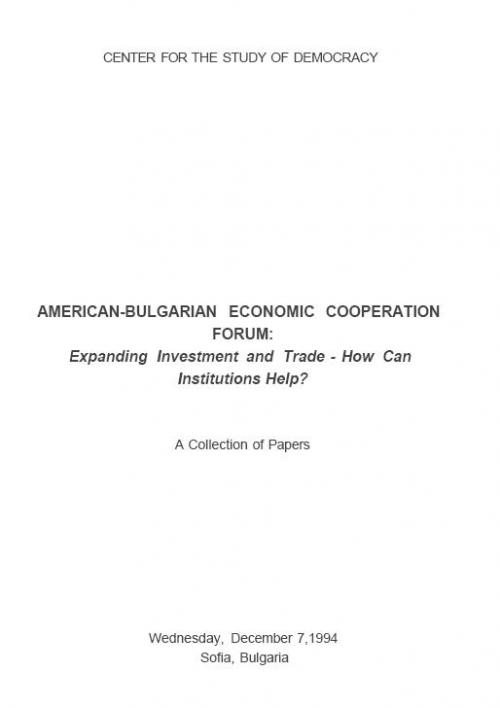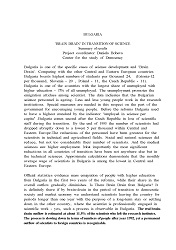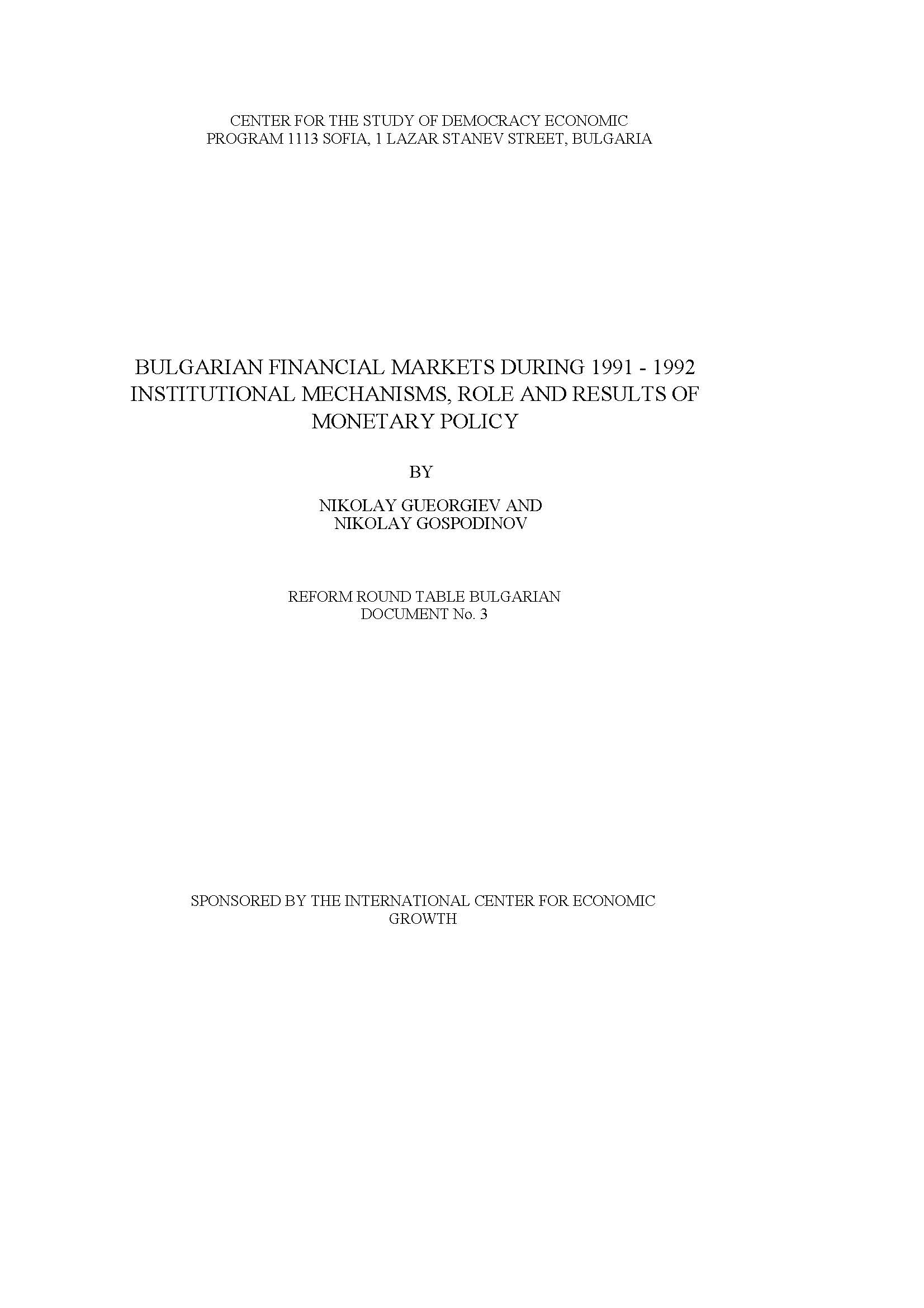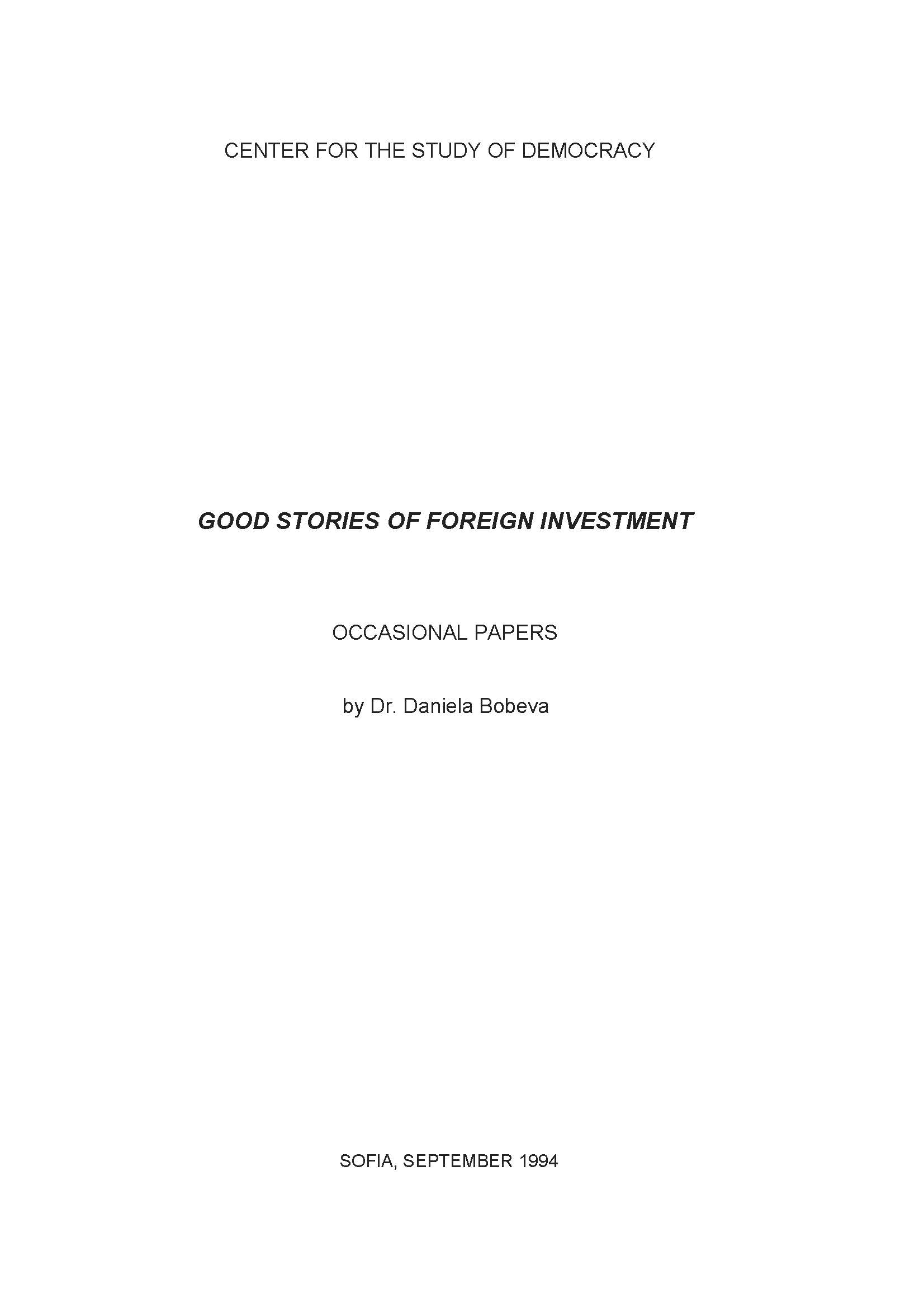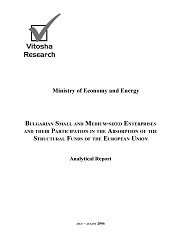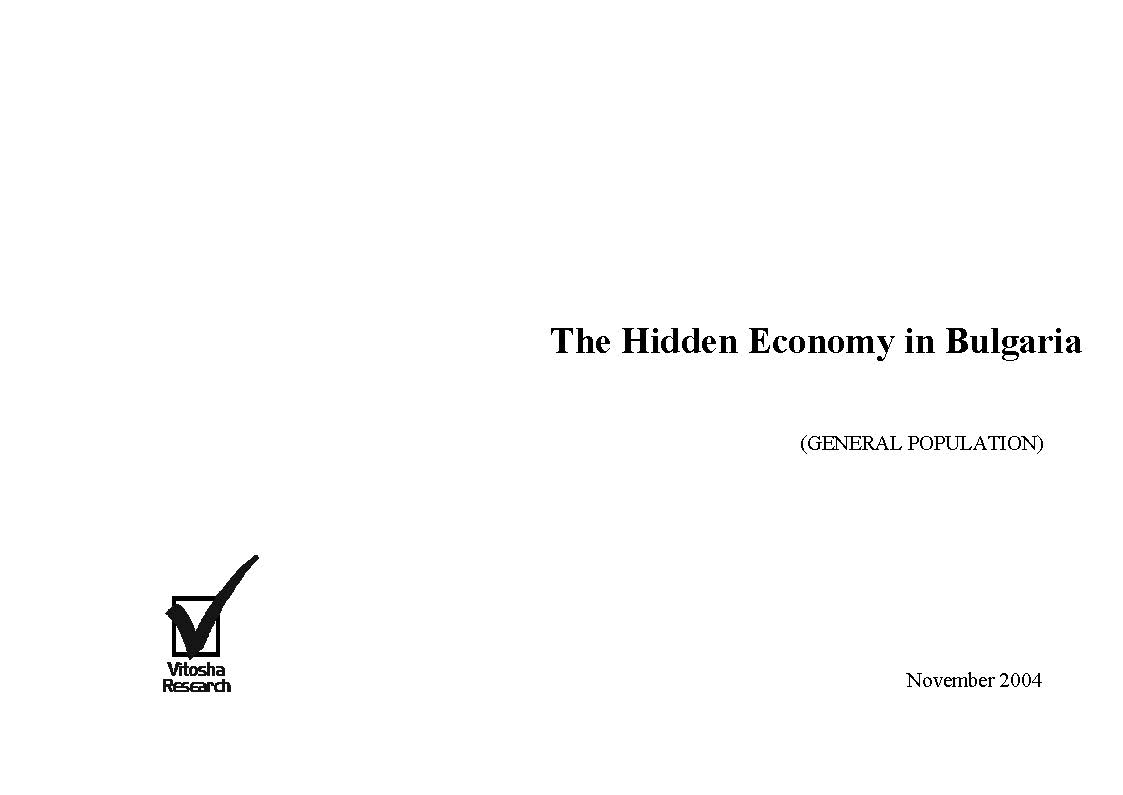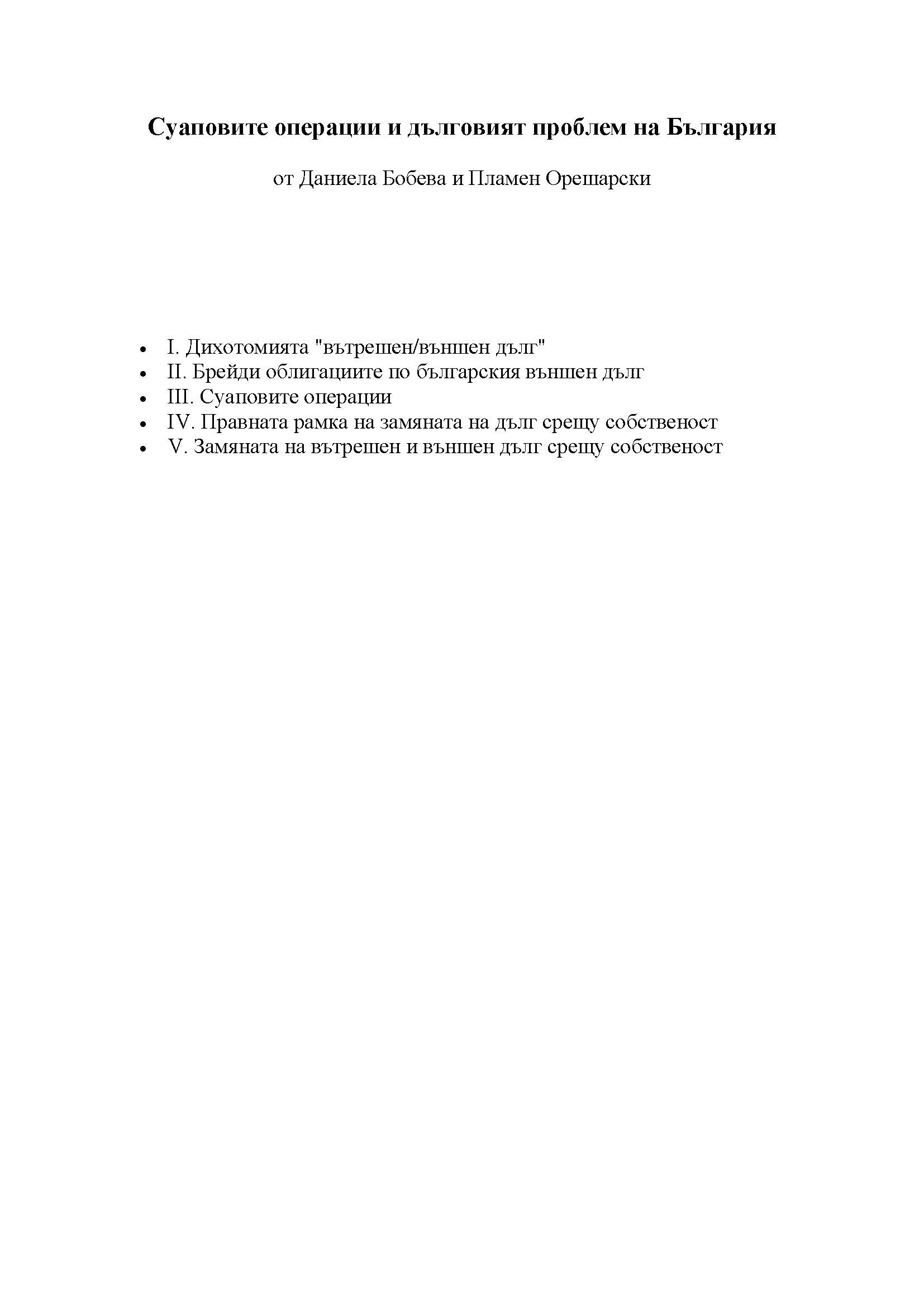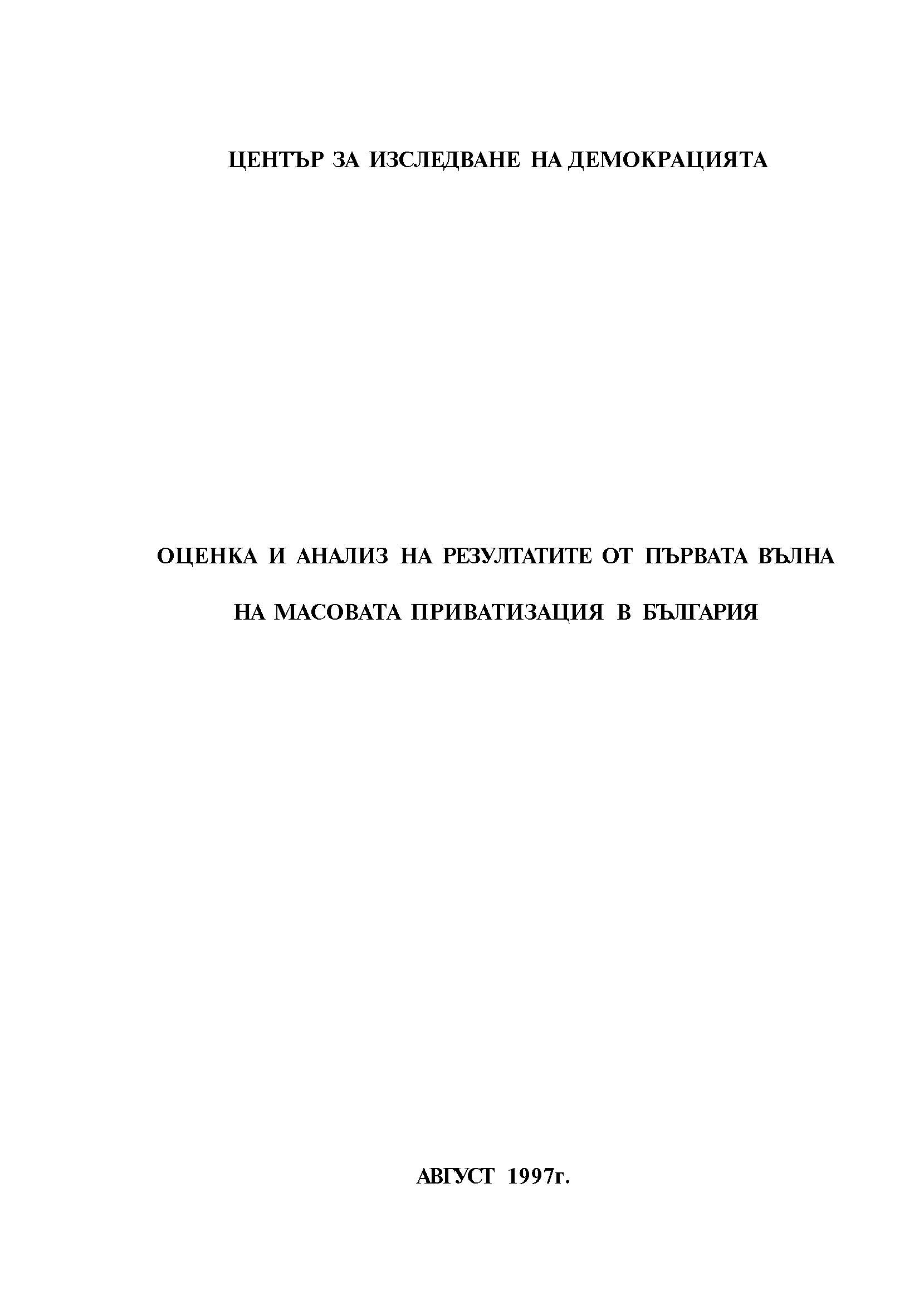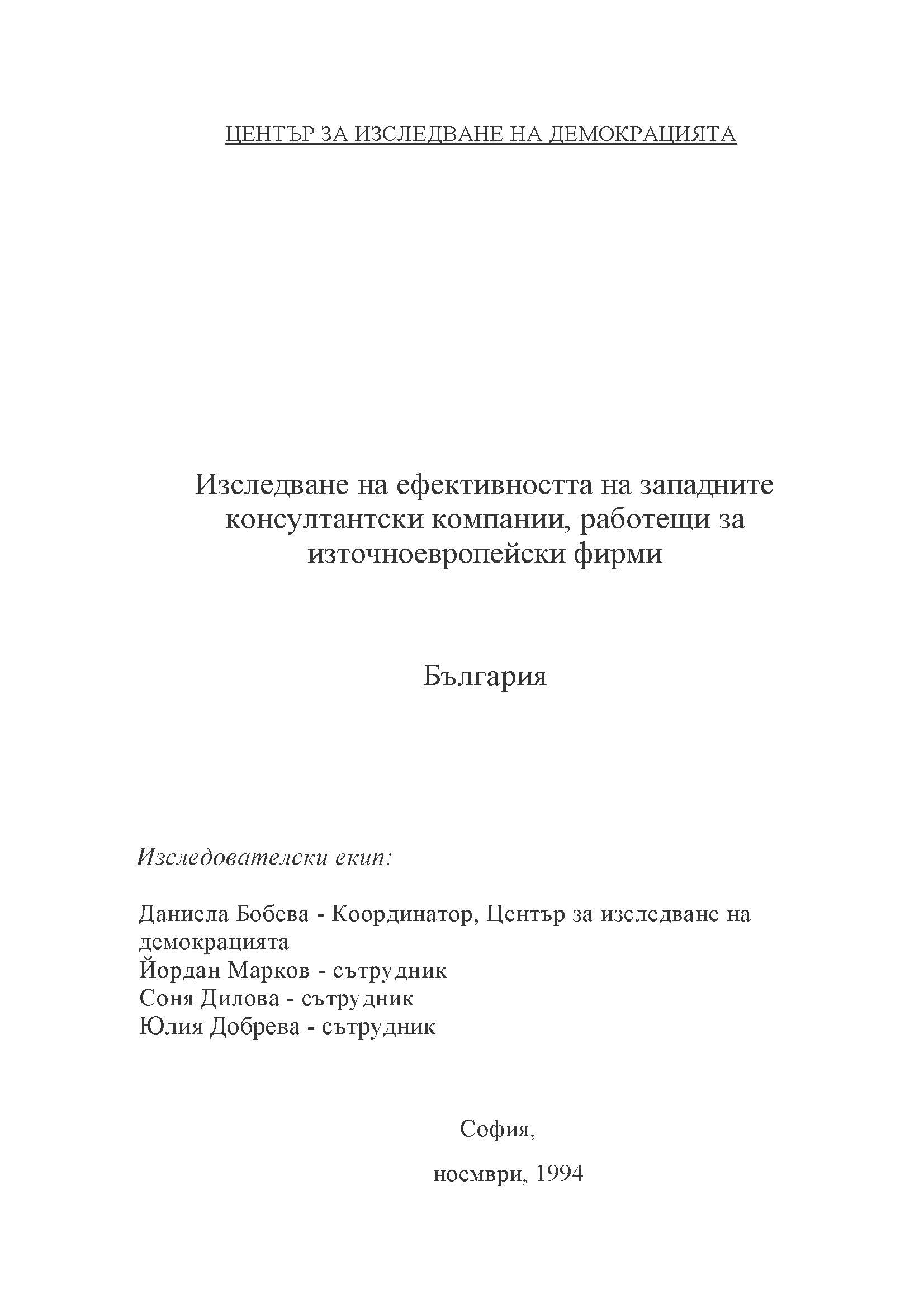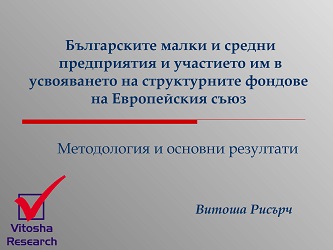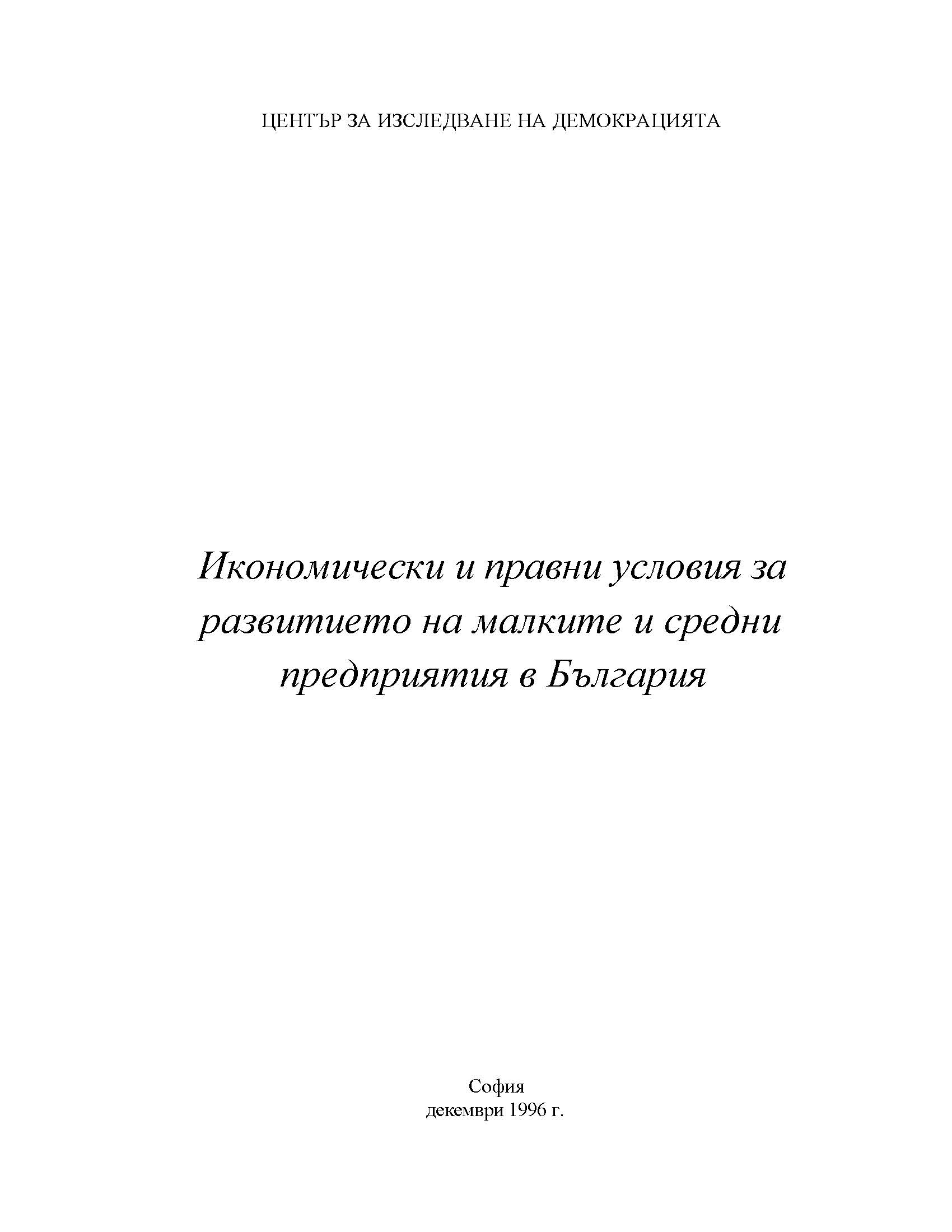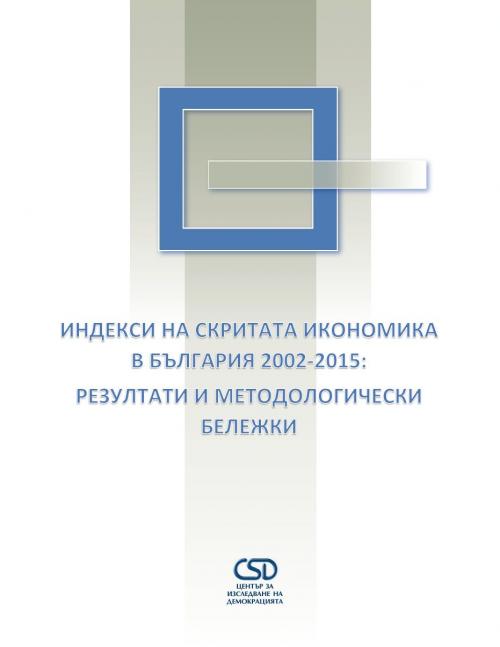
Policy and Legal Environment for the Growth of the SME Sector in Bulgaria
The Policy Forum aims to identify those factors that will improve the economic and legal environment for the growth of the small and medium sized enterprise("SME") sector in Bulgaria. The forum has brought together some of the country's most influential individuals, representing various institutional and independent bodies, to discuss the constraints that are hindering the development of the SME sector and to propose and review various recommendations to overcome these obstacles.
More...
